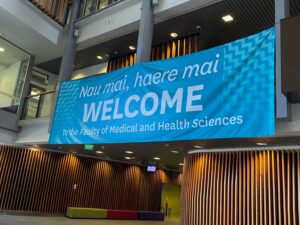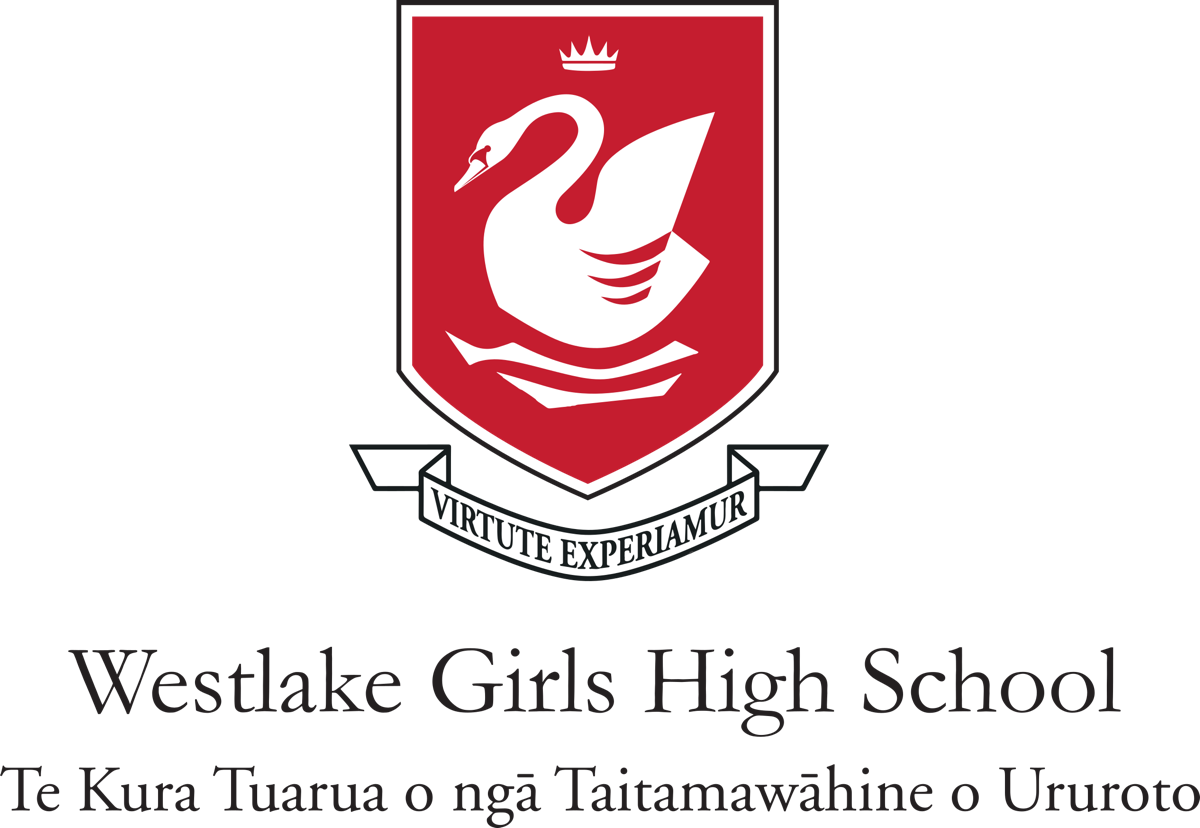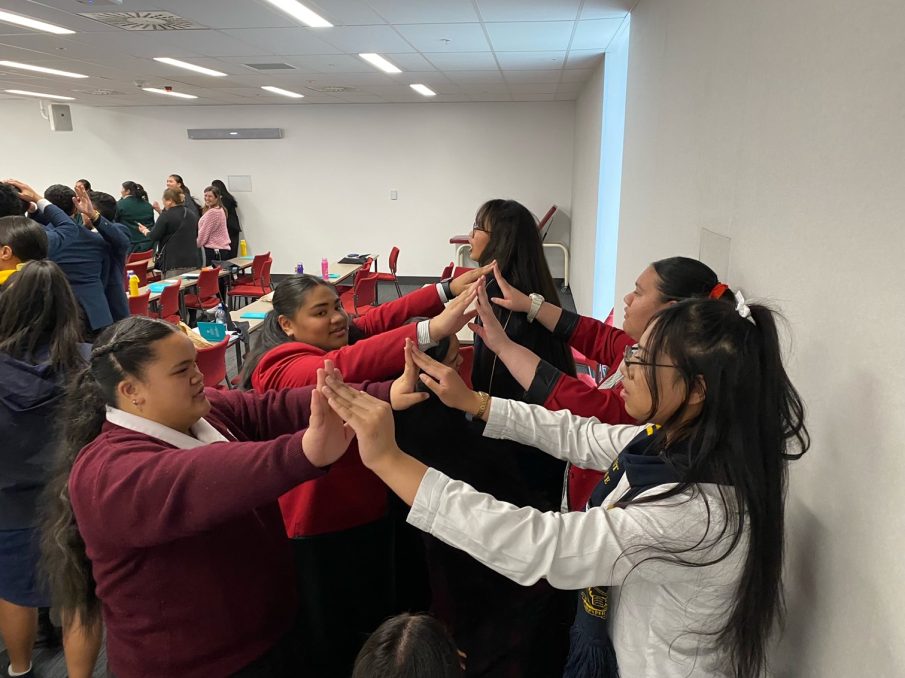On Tuesday, 29th September, Year 11 students Mel Teulilo and Edina Manukia attended a Year 11 University of Auckland Health Science Taster day for Pasifika students at Auckland University’s Health Science facilities in Grafton.
The day started with a fun icebreaker followed by a nursing student who spoke about her experience studying nursing. A fascinating presentation from the School of Optometry followed. We had the opportunity to use optometry equipment to look closely at each other’s eyes, examining the iris and cornea.

After morning tea, we learned about the School of Population Health. Students learned about how Auckland University researchers use statistics and data to track diseases, with the aim of finding out why some populations are at high risk for certain conditions.
In the medical imaging presentation, we learned that medical imaging technicians take CT scans, X-rays, mammograms and MRIs. They can work in theatres, clinics, or hospitals. It’s a great career path for students who like variety because each day is different.
Following lunch, we were given a taste of what pharmacy involves. We learned it is a wide field and that you can do more than a chemist. There are options to do clinical pharmacy, which is research-based. There is also a qualification to become a “prescriber pharmacist”. People with this qualification can prescribe a variety of medications.
Finally, we were given a presentation about the course that qualifies you to be a medical doctor. We heard from an inspiring ex-student who used their medical training to help communities in Tonga, Samoa, and Niue. We learned that with a medical degree, you can serve anywhere – in your own community or in other countries.
We are very grateful for the opportunity to visit Auckland University’s Health Science facilities. Auckland University held the event because there is a very small percentage of Pasifika people in the medical field; due to this, many Polynesians do not visit the doctor. Additionally, there can be other barriers like language, different belief systems, and lack of trust, which prevent our Pasifika people from getting the treatment that is needed for them in order to live their best life.
By Mel Teulilo


